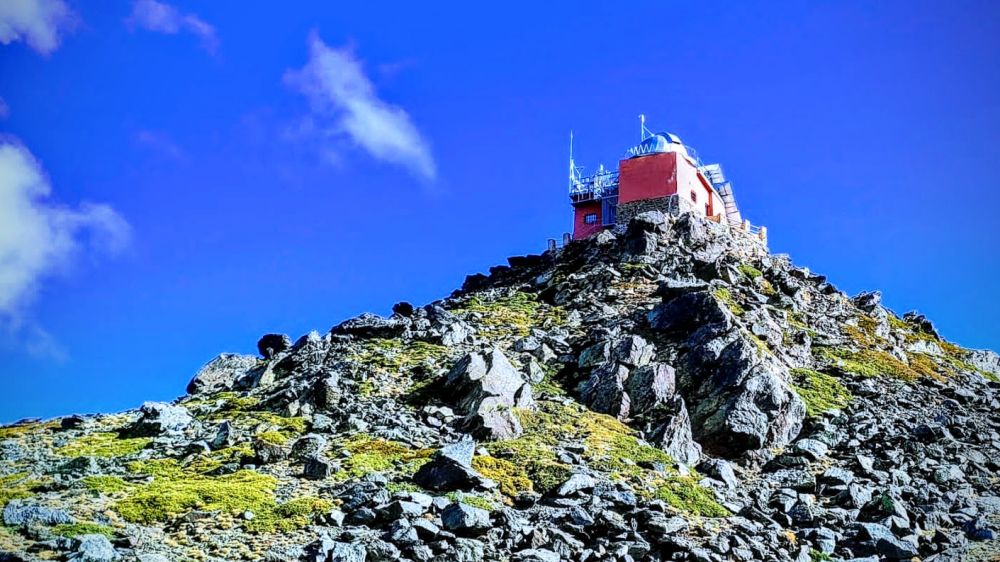
- Ref: PID2021-128757OB-I00
- Funding agency: Ministerio de Ciencia e Innovación. MICINN
- Realization: 01/09/2022 – 31/08/2025
- PIs: Alberto Cazorla, Gloria Titos
- Researchers: Paloma Cariñanos (University of Granada), Hassan Lyamani (University of Málaga), Elisabeth Andrews (NOAA, USA), Paul Zieger (University of Stockholm), Luis Ladino (University Autonomous of México), Juan Andrés Casquero (University of Granada), Fernando Rejano (University of Granada), Andrea Casans (University of Granada)
- https://wpd.ugr.es/~nucleus
Abstract
Cloud processes are of particular importance for the evolution of weather and climate, as they regulate the global distribution of precipitation further influencing the hydrological cycle, and affecting the Earth’s radiative budget. Atmospheric aerosol particles can serve as cloud condensation nuclei (CCN) and ice nuclei particles (INP) exerting a large influence in cloud properties. One of the foremost reasons for the large uncertainty associated to aerosol-cloud interactions is a lack of a broad knowledge of particle sources and how particles evolve to become effective CCN and INP. Therefore, the starting hypothesis of NUCLEUS is that natural aerosols can serve as seeds for cloud droplets and trigger ice crystals formation depending on their origin (chemical composition, size and morphology) and the transformation processes that these particles undergo in the atmosphere. To shed light in this scientifically sound topic, we will investigate the role of natural aerosols (pollen and dust) in cloud formation from an experimental point of view using in-situ techniques. We will use a 3-stage approach:
- In -measurements of cloud residuals
- Continuous measurements of CCN and INP concentration and their characterization during cloud-free conditions
- Laboratory experiments to investigate aerosol-generated samples of atmospheric aerosols of natural origin.
To investigate ice-nucleating particles we will build an automatic aerosol sampler and a Droplet Freezing Assay (DFA). The measurements will be performed in an extremely sensitive ecosystem to climate change, Sierra Nevada National Park, and will led to a major breakthrough in our understanding of the impact of natural aerosols on clouds and climate.